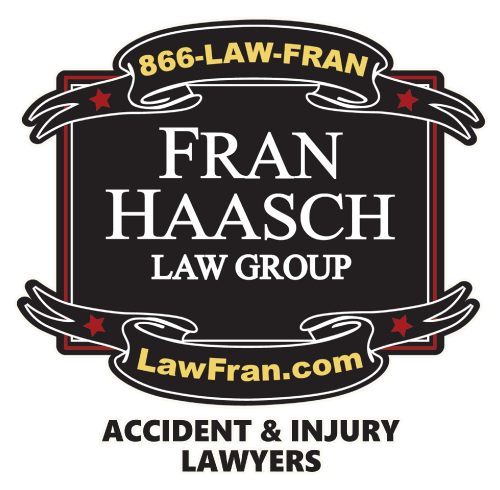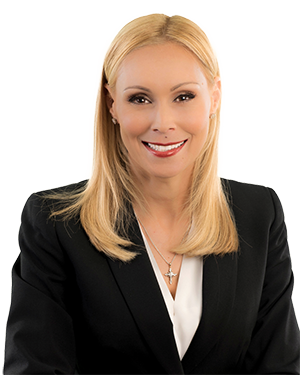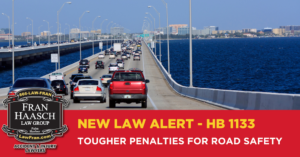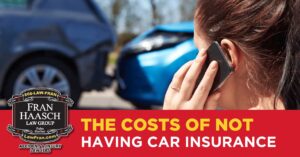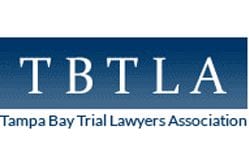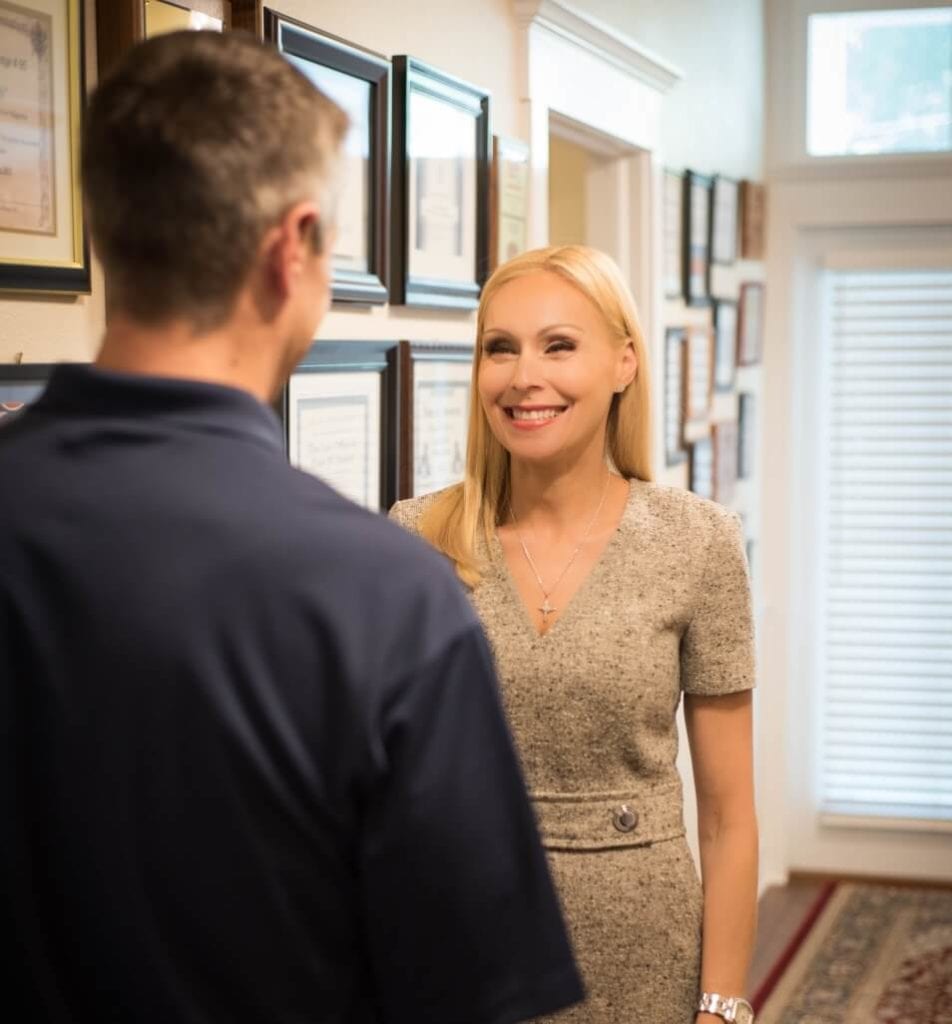It’s no secret that the Covid-19 pandemic is having a significant impact on businesses worldwide. Because of the pandemic, global supply chains have faced unprecedented logistical challenges. Shipping lanes have been disrupted, there are labor shortages, and even as demand increases, materials and inventory have significantly decreased.
Every sector of the economy is suffering from a lack of economic growth, most notably the automotive industry. Auto insurance costs are going up, repair costs and wait times are increasing, and used-car prices continue to rise.
As a result of these issues, insurance companies are struggling to keep up with the demand for repairs and replacements, and they’re passing those costs on to consumers in the form of higher rates.
COVID-19’s Impact on the Supply Chain
One of the most significant ways Covid-19 has impacted the automotive industry is through the supply chain. The pandemic has caused considerable disruption in the flow of goods, including raw materials and finished goods.
Many businesses have had to adjust their operations to comply with government guidelines, which has led to delays in shipping and a shortage of car parts. This has resulted in higher costs for businesses, causing emptier dealer lots, increased used-car prices, and slim pickings for new-car incentives, which have transferred to consumers.
Labor Shortages
The pandemic has led to widespread illness and death, leaving many businesses without enough staff to operate. This is especially true in the automotive industry, where there is a high demand for skilled workers.
According to the Bureau of Labor Statistics, as of Feburary 2022, 6.1 million U.S. workers have separated from their jobs. As a result, fewer people are available to work on cars, drive trucks that transport parts, and warehouse workers.
The shortage of workers has led to increased labor expenses, which are then passed on to consumers through higher costs. In addition, the lack of workers has also caused delays in the production of vehicles and an increase in wait times for repairs.
Low Inventory and High Demand
Due to shipping times and a decrease in labor, the pandemic has caused a decline in the production of vehicles, which has led to a reduction in inventory. At the same time, there is an increase in demand for vehicles as people return to using their cars.
This combination of factors has led to an increase in used-car prices and a decrease in new-car incentives. In some cases, people are paying double or even triple the amount for a used car that they would have just a few months ago. It has also led to longer wait times for repairs and increased labor costs.
The “Arousal Breakout”
Even as Americans drove less due to the pandemic, in 2020, the National Highway Traffic Safety Administration estimated that 38,680 people were killed on U.S. roadways. This is the highest number recorded since 2007 and came when Americans drove 13% fewer miles than in 2019. According to the NHTSA’s data, the primary behaviors that caused the increase included impaired driving, speeding, and failure to wear a seatbelt.
As consumers drive their cars more, car accident numbers increase, leading to more repairs. Repair times have significantly increased because of parts shortages, low inventory, and labor shortages.
What This Means For You
As a result of all these factors, insurance rates are rising. If you’re in the market for a new car, you can expect to pay more as dealer inventories remain low and used-car prices continue to increase. And if you get into an accident, be prepared for longer wait times and higher repair costs.
Longer Repair Times
Car owners are either being priced out of buying a car or can’t find the right vehicle due to the inventory, causing them to hold onto their current vehicle, which has sparked a rise in demand for repair and maintenance services.
According to an IMR 2021 survey, the average vehicle turnaround time has increased by a day and a half since the pandemic began. The causes of the disruptions ranged from delays in parts deliveries and distribution to shortages of drivers and qualified technicians.
In Jacksonville, Florida, Robert Gutierrez, the co-owner of Victor’s Body Shop, told News4Jax, that the shortage in parts “can prolong the repair a week or two depending on when we actually receive the parts.” As repair times increase, so do the costs. Shops are overwhelmed with work as they continue to wait longer for parts and suffer from a workforce shortage.
Increase in Insurance Rates
According to Insurify, the average national cost to insure a car is expected to jump 5% from $1,663 to $1,707 in 2022. The shortage in car parts for damaged vehicles also leads to higher claim payouts.
Auto insurers are attempting to offset costs with inflation, COVID-19 supply chain issues, an “arousal breakout” causing more severe and frequent accidents, and slow vehicle production with increased demand. Unfortunately, this means insurance prices rise, and finding affordable rates may be more challenging.
Florida Insurance Requirements
According to the Zebra, at $2,425, Florida is the third most expensive state for insurance rates. Unfortunately, there’s no way to avoid paying for car insurance. Florida drivers must show proof of two types of car insurance before they register their vehicles.
- Personal Injury Protection Insurance Coverage (PIP) covers 80% of your medical expenses and lost wages up to $10,000 regardless of who was at fault for the accident.
- Property Damage Liability Insurance Coverage (PDL) pays for the damage to another driver’s vehicle or someone else driving your vehicle up to your policy limit.
What You Can Do to Save Money
You can do a few things to help offset the increased cost of car insurance. Here are a few tips:
- Shop around for the best deal: Rates will vary from company to company, so it’s important to shop around and compare rates before you choose an insurer.
- Ask about discounts: Many insurers offer discounts for safe drivers, students, and more. Be sure to ask about any discounts you may be eligible for.
- Bundle your policies: You can often save money by bundling your car insurance with other types of insurance, such as homeowners’ or renters’ insurance.
- Plan Ahead: One of the best ways to save money is to plan for routine maintenance and keep a budget for unexpected repairs. This is especially important for older cars that may not be covered under a warranty.
- Go to a repair shop you’re familiar with: With repair shops being busier than ever, it may help to stick to getting repairs from a shop where you’re an established client.
Optional Coverage Options
Although not recommended, you can save money by opting out of coverage or dropping coverage for older cars. Such as:
- Comprehensive Auto Coverage – Comprehensive coverage is insurance that covers damages to your car that are not caused by an accident. This can include damage from weather, theft, vandalism, or glass breakage. Comprehensive auto coverage is not required in Florida, but it is recommended.
- Collision Coverage – Collision coverage is insurance that covers damages to your car from an accident. This can include hitting another car, hitting a stationary object, or flipping your car.
- Uninsured/Underinsured Motorist Coverage – Uninsured/Underinsured Motorist (UM/UIM) coverage is insurance that covers damages to your car from an accident caused by a driver who does not have insurance or does not have enough insurance. We highly recommend not dropping UM/UIM coverage as a cost-cutting measure.
Avoid Car Accidents
A factor that could further increase your rates is car accidents. Here are a few tips to avoid car accidents:
- Obey the speed limit: Speeding is one of the leading causes of car accidents. By obeying the speed limit, you can help avoid an accident.
- Don’t drink and drive: Drinking and driving is a leading cause of car accidents. If you’re going to drink, be sure to have a designated driver.
- Avoid distractions: Distractions like talking on the phone or texting can lead to accidents. Be sure to stay focused on the road when you’re driving.
You can help avoid an accident and save money on your car insurance by following these tips.
Contact an Experienced Car Accident Attorney
At The Fran Haasch Law Group, we are committed to fighting for your fair recovery. We strive to help injured individuals and the loved ones of those wrongfully killed, secure the full, fair recovery they are owed. We offer dedicated legal representation for car accident victims and bicycle, rideshare, and semi-truck accidents victims.
If you feel you have been the victim of a car accident through no fault of your own. Our attorneys are prepared to help you navigate the legal process and work toward securing the maximum compensation you are owed. Call (727) 784-8191 or contact us online to get started on receiving maximum compensation for your personal injury case.
